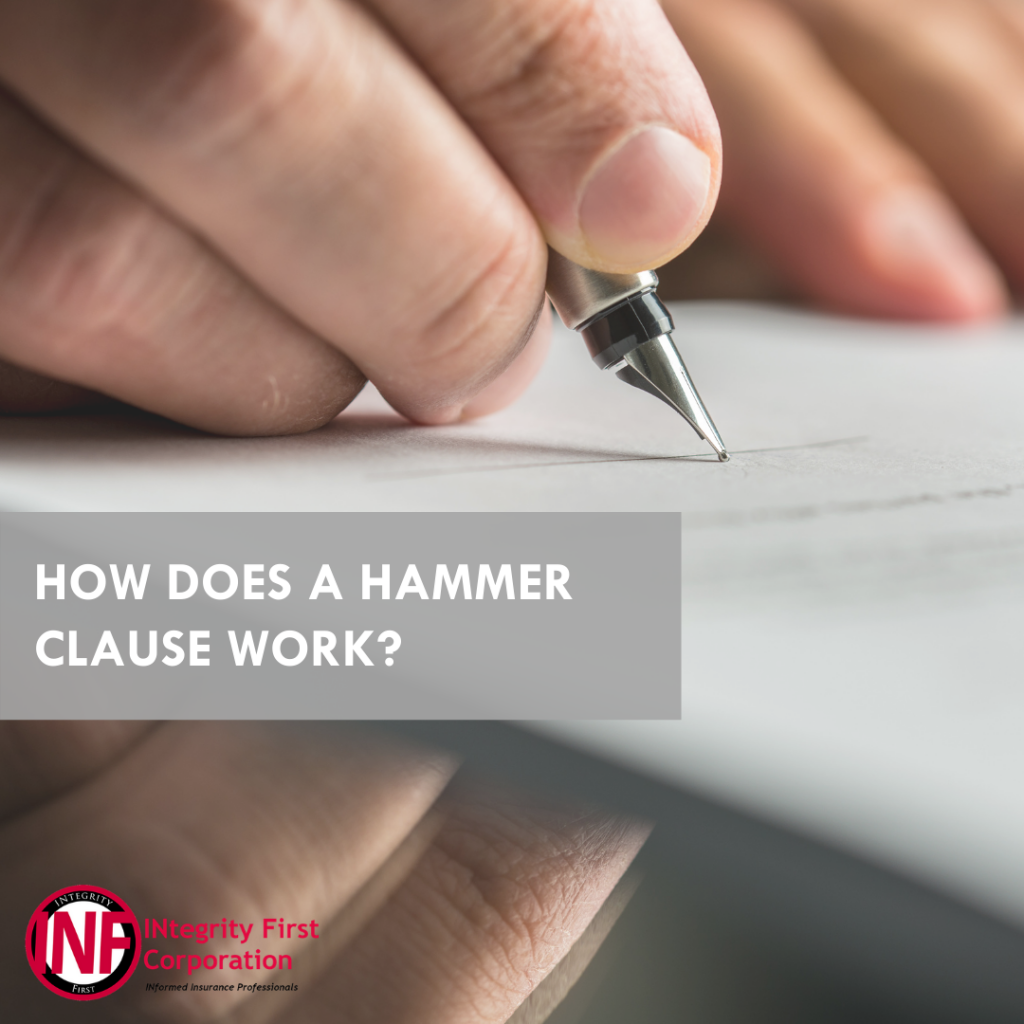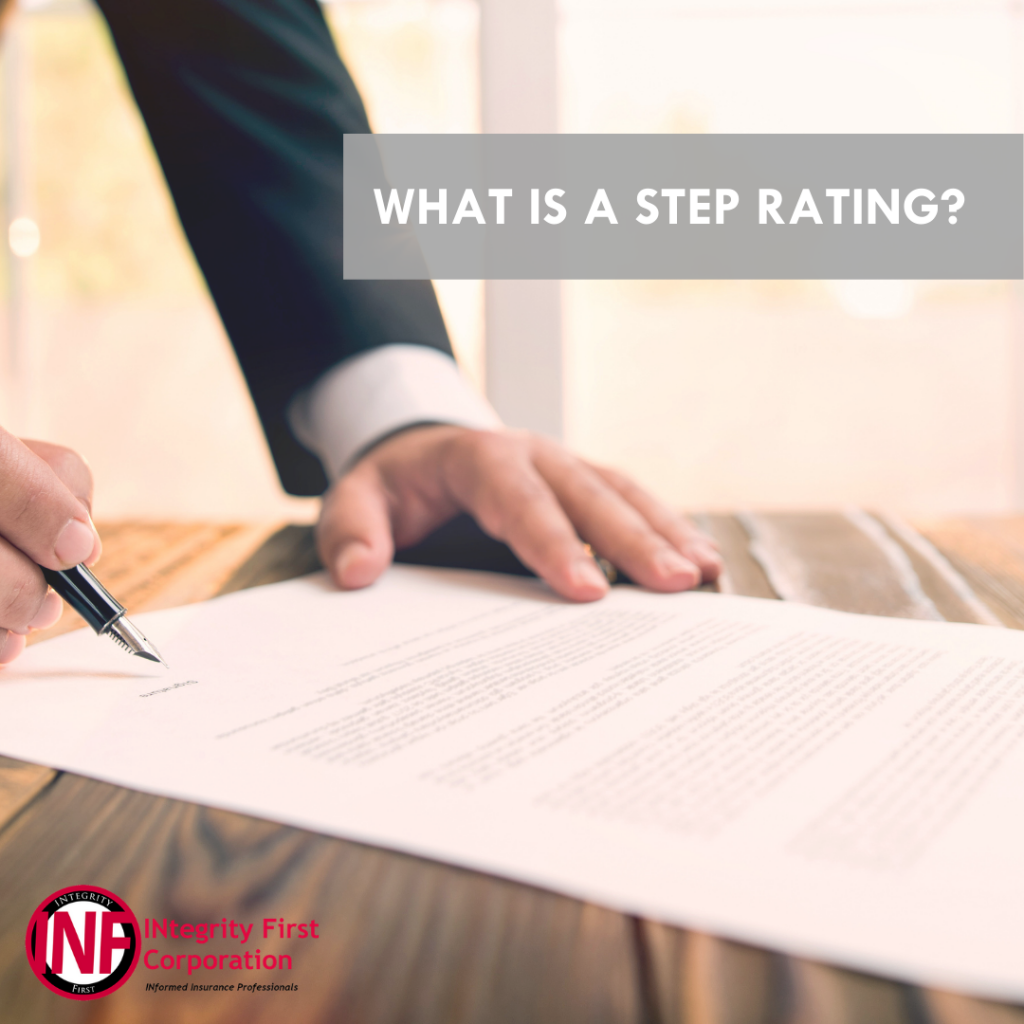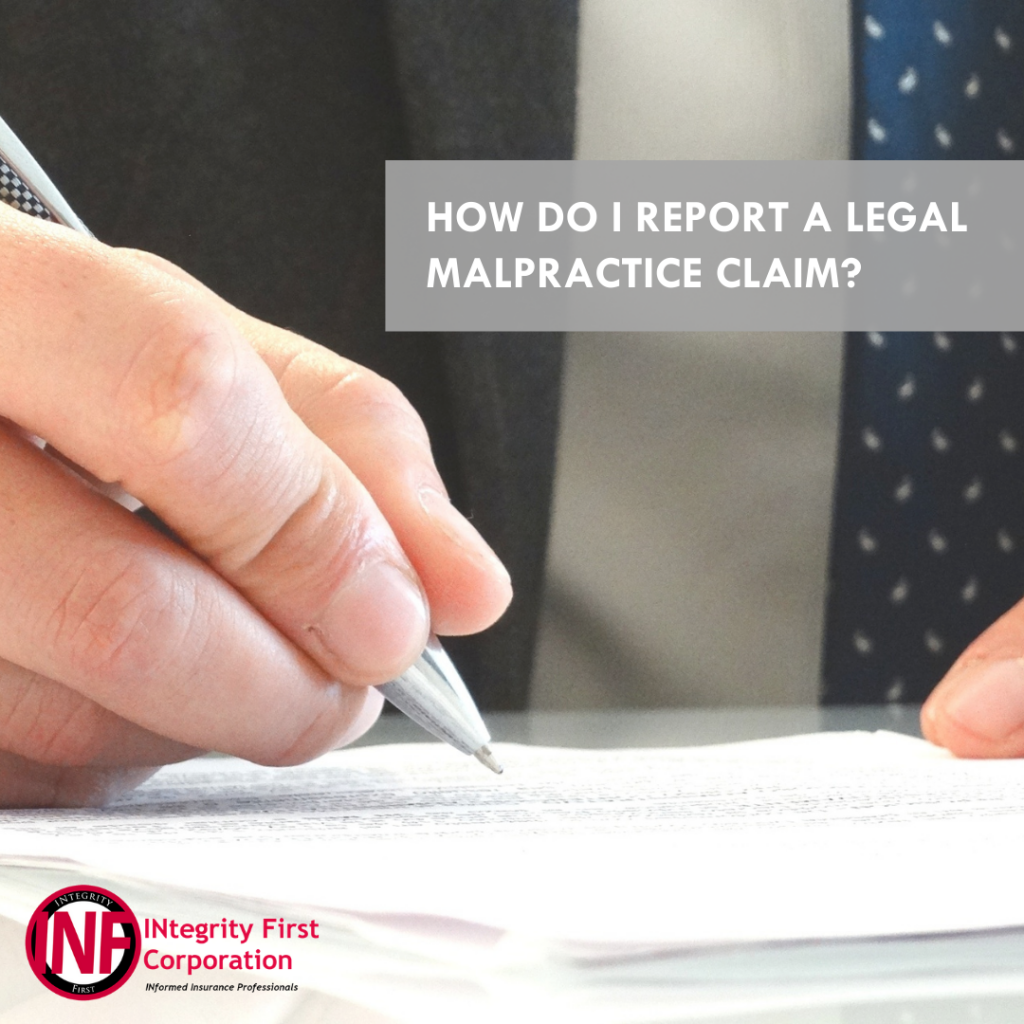
When purchasing something, Everyone wants a good deal right? Same is true for your legal malpractice insurance. You want the coverage that you need but you don’t want to overpay.
I’ve been helping lawyers for more than 30 years purchase legal malpractice insurance and I have seen the good and the bad when insureds shop for their legal malpractice insurace.
Here are a few do’s and don’ts when shopping your legal malpractice insurance:
Do use a broker that can shop more than one legal malpractice carrier. Let one broker obtain multiple quotes. Involving more than one broker can be confusing not only for you but for insurance carriers if they receive multiple submissions for the same risk.
Don’t change carriers every year. Lawyers malpractice policies are written on a claims made basis and switching carriers every year can be an issue when it comes to claims reporting.
Do take into consideration your personal circumstances before changing carriers: are you retiring soon? Most carrier require that you be insured with them for 3 consecutive years to qualify for a free retirement tail. Retirement tails can be expensive!
Don’t base your decision strictly on price. You have heard it before I know, but it is true. There is more to it than just the pricing.
Do read the policy before changing carriers. Make sure you are getting what you asked for. Things like prior acts coverage, career coverage, exclusions are often overlooked
Don’t shotgun your application to several carriers or brokers that you know or may have heard of. There are many carriers that don’t have an interest in writing your coverage, so why take the time and apply. Your broker should know what carriers are interested in writing a policy that covers your specific exposures.
Switching legal malpractice carriers is no small matter. Remember it protects your reputation and protects your clients too. If you’re contemplating making a change, do it right.








